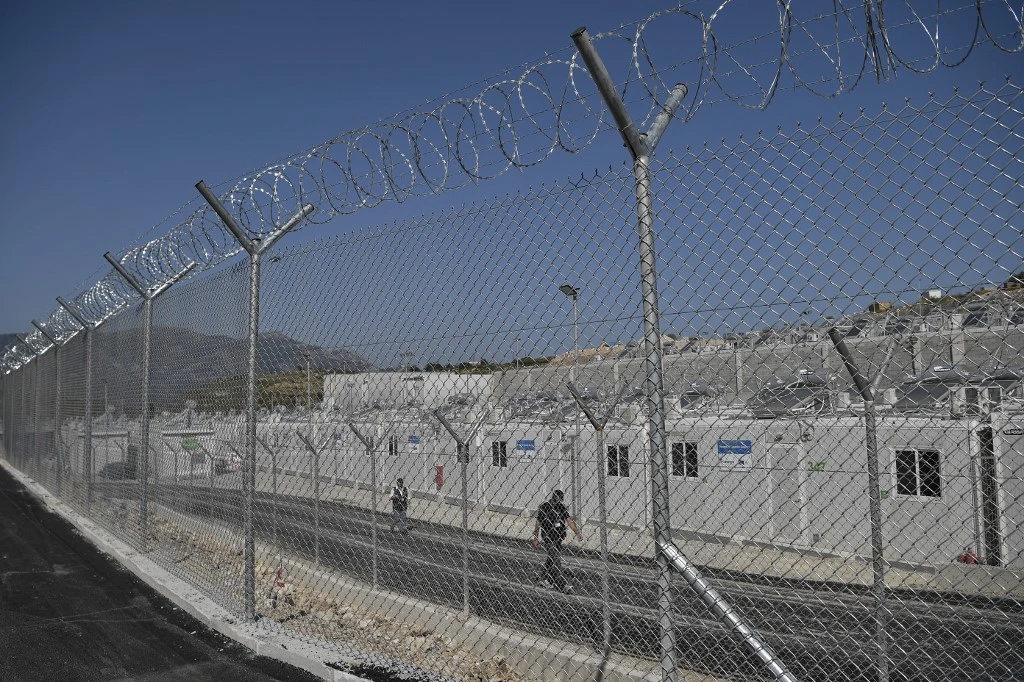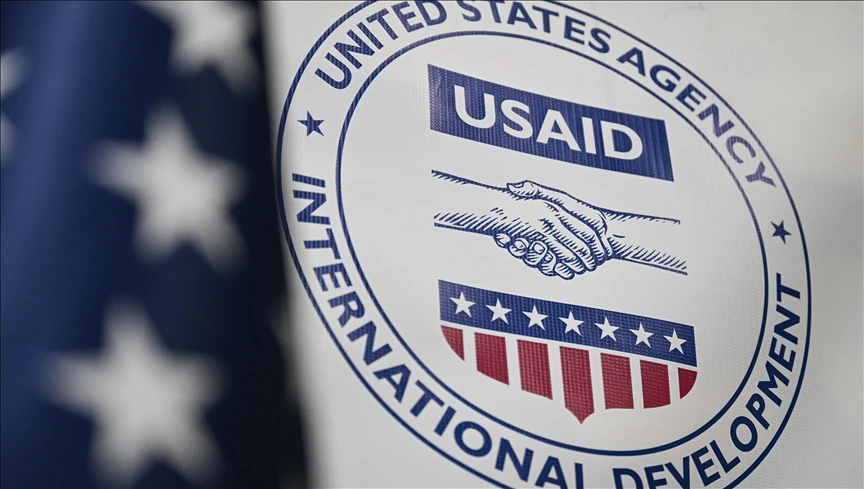S.Korea sets end-Feb deadline for protesting doctors to return to work

South Korean government gave young doctors until the end of February to return to work or face consequences for their protest disrupting medical services at major hospitals
South Korean government issued a deadline until the end of February for young doctors to resume their duties or face potential repercussions for their participation in a weeklong protest that has disrupted medical services at several major hospitals.
A significant portion of the population and intern doctors in the country had ceased work to oppose a government initiative to expand medical school admissions in response to an anticipated shortage of doctors in a rapidly aging society.
The protest has resulted in hospitals rejecting patients and canceling medical procedures.
Safety minister Lee Sang-min, in a task-force meeting, emphasized the critical nature of the situation, highlighting escalating chaos in hospitals and the precarious state of emergency services.
He urged the protesting doctors to return to their hospitals by Feb. 29, assuring them that they would not be held accountable for past events. He stressed that their advocacy would have a more significant impact when they are aiding patients directly.
The government had previously cautioned that doctors failing to comply with the order to return to work could face legal repercussions, including prosecution, potential arrest, and revocation of their medical licenses.
The protesting young doctors argue that the government should prioritize addressing salary and working conditions before implementing measures to increase the physician workforce.
Vice Health Minister Park Min-soo stated that those who do not resume work by March 1 could face a minimum three-month suspension of their medical licenses and other legal consequences.
While senior doctors and private practitioners have not participated in the walkout, they have organized rallies urging the government to reconsider its plan to expand medical school admissions.
Despite opposition, a majority of South Koreans support the government’s initiative, championed by President Yoon Suk Yeol.
Recent polls indicate widespread approval of the plan, with Yoon’s approval rating seeing a significant increase.
As part of a broader strategy to enhance health care services, the government intends to boost the intake of medical students annually, enhance legal safeguards against medical negligence claims, and offer incentives for doctors to practice in critical specialties and underserved regions.
Critics argue that the government’s motives behind the plan may be politically driven, aiming to secure more votes in the upcoming general election. Medical professors at Seoul National University have urged authorities to postpone discussions on the plan until after the elections.
Source: Reuters



